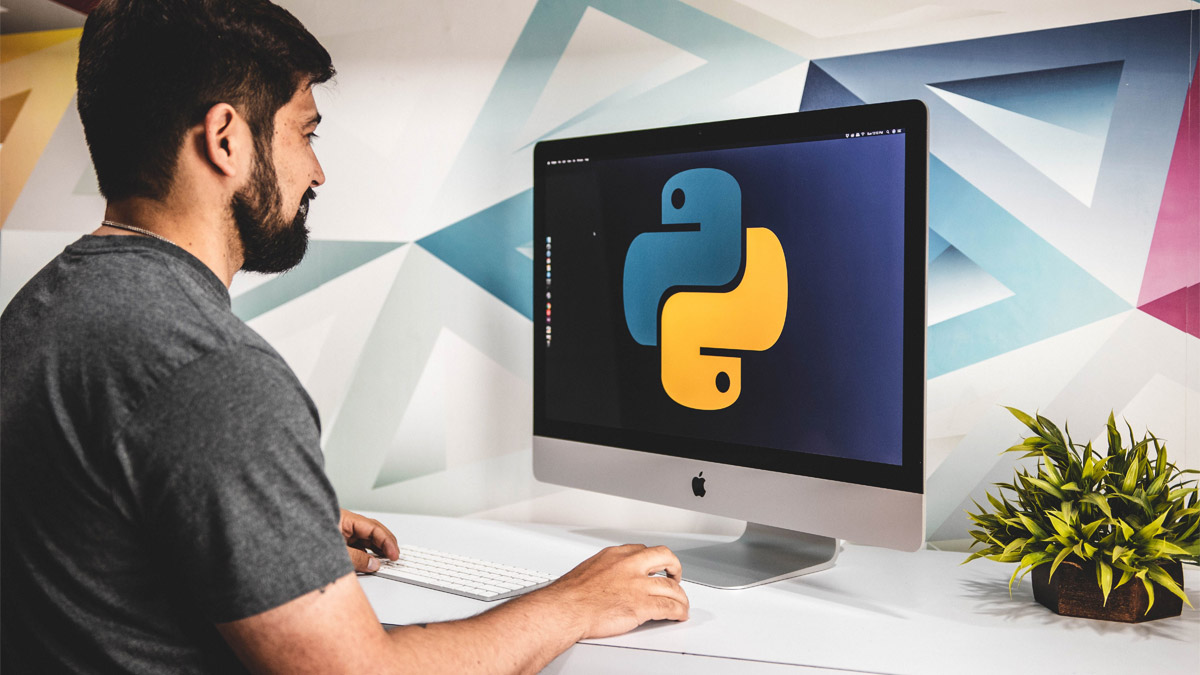Introduction
Digital skills are no longer optional in today’s fast-paced digital world; they are required. Whether you’re using a smartphone, managing a social media account, or analysing data at work, digital competency is essential for personal and professional success. But what are digital skills, and why are they so important in today’s interconnected world?
This blog will explain the concept of what are digital skills, why they are essential in modern life, and how acquiring them can lead to numerous opportunities, particularly in the continuously changing work market. Whether you’re just starting in digital or looking to improve your skills, this article will help you grasp the importance of staying ahead of the competition.
What Are Digital Skills?
What are digital skills? Digital skills are fundamentally defined as the capacity to effectively use digital technologies, tools, and platforms. These skills range from fundamental computer literacy to more complex competencies such as coding, data analysis, and digital marketing.
- Digital abilities include navigating the internet.
- Using software apps (e.g., Microsoft Office and Google Suite)
- Manage social media channels.
- Operating digital devices (computers, cellphones, and tablets).
- Understanding Cybersecurity Best Practices
The demand for digital expertise is steadily increasing as technology becomes more integrated into practically every aspect of life. According to a European Commission report, 90% of today’s occupations require basic digital skills, emphasising the importance of being tech-savvy in the workplace. What is digital skills in this context? Simply put, they are essential skills for today’s work environment.
Also Read – Exploring Alternative Education with SOC
Why Do Digital Skills Matter in Today’s World?
1. Enhancing Employability and Career Growth
Employers in today’s workforce place a high priority on what are digital skills across industries. Almost every job, from administrative to technical, demands some level of digital expertise. Possessing digital abilities can set you apart from the competition and boost your employability.
2. Enabling Remote Work Opportunities
With the advent of remote employment and freelancing, what are digital skills is more valuable than ever. To work from anywhere, you must be familiar with tools such as Zoom, Slack, project management software, and cloud storage solutions such as Google Drive or Dropbox.
3. Promoting innovation and problem-solving
Individuals and firms with digital abilities can innovate more effectively. Whether you’re a small business owner using digital marketing to expand your audience or a developer providing software solutions, understanding what is digital skills allows for speedier issue-solving and more effective operations.
4. Increasing Everyday Efficiency
Beyond the job, what are digital skills is essential for navigating daily life. From mobile banking to online grocery shopping, digital fluency streamlines processes and boosts productivity.
5. Navigating the Digital Economy
The growth of the digital economy has resulted in numerous new opportunities. Whether you run an e-commerce business, create content for social media, or invest in cryptocurrency, understanding how digital platforms work can help you prosper financially. As digitalisation progresses, staying abreast of technologies such as blockchain technology and artificial intelligence becomes increasingly important.
Essential Digital Skills for Today’s Job Market
Essential digital skills are in high demand across all industries. These talents are divided into a few important areas, each of which is necessary for modern job roles:
1. Basic computer literacy
Understanding what are digital skills starts with computer literacy. Knowing how to utilise basic software, manage files, and properly navigate the internet is essential for both personal and business situations.
2. Digital communication
Email, video conferencing, and instant messaging are all common communication options. Proficiency in these platforms is vital for keeping connected in a digital age, especially in remote work environments.
3. Social Media Management
Social media is an essential component of digital marketing. For professions involving branding, marketing, or customer engagement, what are digital skills here includes generating, scheduling, and assessing social media content.
4. Data Analysis and Visualisation
With data termed the “new oil,” the ability to collect, analyse, and understand data is a valuable skill. Excel, Google Analytics, and more complicated data science tools such as Tableau or Python are in high demand for digital skill employment.
5. Cybersecurity
Increased reliance on digital platforms raises the risk of cyberattacks. Understanding cybersecurity fundamentals, such as password management, detecting phishing attempts, and safeguarding personal information, is critical for digital fluency.
6. Cloud Computing
Cloud systems such as AWS, Google Cloud, and Microsoft Azure are crucial to enterprises. Cloud computing enables efficient data storage, remote access, and collaboration, making it a highly valued expertise in the tech industry.
7. Coding and Programming
While not everyone needs to be a skilled coder, knowing the fundamentals of programming languages such as HTML, CSS, and JavaScript can greatly improve your ability to operate in digital environments.
8. Digital Marketing
Businesses require digital marketers to assist them navigate the internet world. What are digital skills here includes SEO, content creation, email marketing, and pay-per-click advertising.
What Jobs Require Digital Skills?
Digital skills are becoming increasingly important across a wide range of industries. Some of the most sought-after digital skill jobs are:
- Data Analysts and Scientists: These specialists use massive databases to deliver meaningful insights to businesses.
- Digital marketing specialists: They are experts at driving traffic, engagement, and sales through digital campaigns.
- Cybersecurity analysts: They protect firms against cyber attacks.
- Web developers and designers: Their job is to create and maintain functional and visually appealing websites.
- AI and machine learning engineers: They are pioneers in automating processes and creating intelligent systems.
According to LinkedIn’s 2023 Workforce Report, jobs requiring digital skills have increased by 40% in the last decade, and this trend is predicted to continue. More importantly, these positions frequently come with higher pay and better career advancement chances.
How to Develop Your Digital Skills?
Improving your digital skills does not need to be a frightening task. Here are some practical methods to get started:
- Online courses: Platforms such as Coursera, Udemy, and LinkedIn Learning provide a diverse selection of digital skills courses, many of which are free.
- Certifications: Consider obtaining certifications in areas such as Google Analytics, Microsoft Office, or AWS to improve your skills.
- Practice: Practice with the tools you’re learning about. Create a blog, evaluate statistics, or begin managing social media accounts to gain practical experience.
- Networking: Join online communities or attend seminars on digital skills to learn from industry professionals.
Staying current in a quickly changing digital market requires you to constantly update your abilities.
Conclusion
Digital skills are no longer a luxury; they are now a requirement. Whether for advancing your career, improving daily life, or staying current with new technology, acquiring what are digital skills is the key to unlocking numerous opportunities.
It’s never too late to start improving what are digital skills, and the benefits of digital fluency will carry through your career and personal life.
FAQs
Digital skills are no longer optional; they are necessary tools for learning, working, and flourishing in the modern world. While technology is rapidly evolving, five important digital skills serve as the foundation for anyone seeking to remain relevant in today’s digital society:
1. Communication:
Effective use of digital platforms, including email, instant messaging, and video conferencing. This includes connecting with people professionally and socially through collaboration platforms like Microsoft Teams, Google Workspace, or Zoom.
2. Handling Information and Content:
Understanding how to find, analyse, arrange, and handle information online. This includes using search engines efficiently, evaluating trusted sources, and storing or distributing digital content securely and responsibly.
3. Transacting:
Online chores and activities include purchasing, banking, booking, and filling out digital forms. As more services move online, confidence and security in digital transactions have become critical life skills.
4. Problem-Solving:
Effective use of digital tools and resources to resolve technical issues, simplify procedures, and enhance productivity.
5. Being Safe and Legal Online:
Understanding how to keep personal information safe, prevent fraud, use strong passwords, and follow copyright and privacy regulations. Cybersecurity awareness is a crucial aspect of being a responsible digital citizen.
Mastering these five abilities raises confidence, increases employability, and opens the door to additional study and opportunities.
Digital skills are a necessity for everyday life. They influence how we work, communicate, learn, and even socialise. In today’s fast-paced, technology-driven world, having digital skills is more than simply an advantage; it’s a requirement.
From education and healthcare to business and entertainment, digital technology has an impact on every aspect of our everyday lives. Employers are increasingly looking for people who can use digital tools, automate processes, deal with data, and communicate across several platforms. Digital literacy improves students’ learning experiences by making information more interactive and accessible. For professionals, it boosts productivity, innovation, and global connectivity.
Furthermore, digital skills promote greater independence and participation. They enable people to access internet services, stay informed, advance their careers, and fully participate in a digital economy. In sum, digital skills enable people to not only keep up with change, but also drive it.
The truth is that everyone requires digital skills—but some groups may benefit even more.
- Students and Young People:
As education becomes more digital, students will require excellent digital literacy skills to access online resources, complete homework, and prepare for future tech-focused employment.
- Job Seekers and Professionals:
Digital skills are vital for employability, professional progression, and competitiveness in the UK job market, as over 80% of jobs require them.
- Business Owners and Entrepreneurs:
From online marketing to digital payments and remote collaboration, technology is becoming increasingly important to corporate success. Digital skills enable entrepreneurs to access a larger audience and innovate.
- Older Adults:
As public services, banking, and healthcare shift online, possessing digital skills can help older adults stay connected, informed, and independent.
- Communities and Organisations:
Digital change has an impact on every sector; therefore, entire communities and industries require digital capabilities to be relevant, efficient, and resilient.
Finally, digital skills enable people of all ages and backgrounds to thrive in a rapidly changing digital environment.







